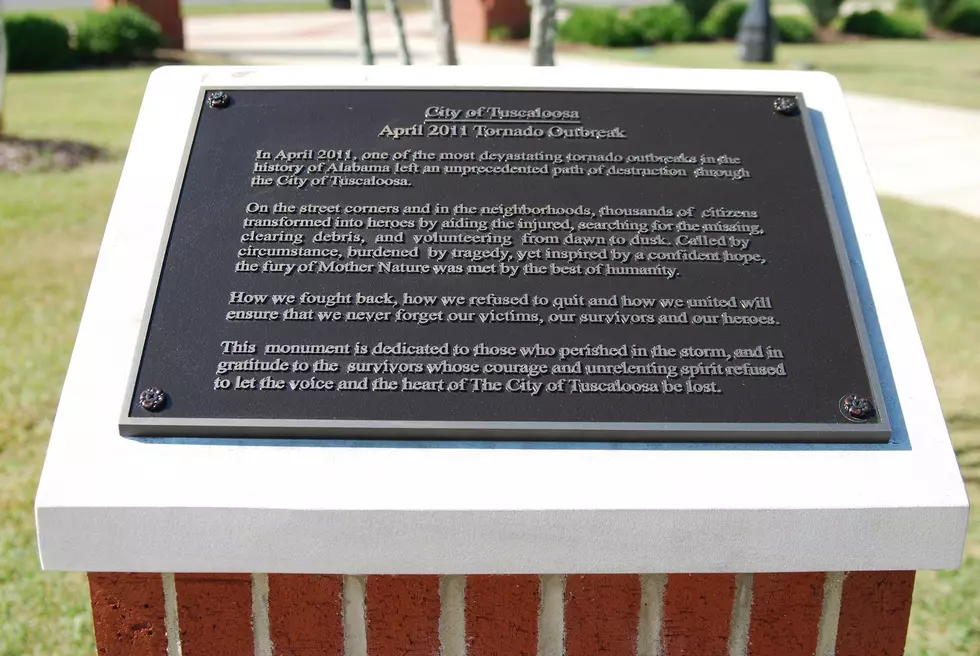
SCOTUS Ruling will Impact 7th Congressional District
Yesterday’s 5-4 decision by the U.S. Supreme court ordering legislators to again redraw Alabama’s Congressional District map means the state will eventually have two majority minority districts. That additional black majority district will have a direct impact on the 7th Congressional District of Democrat Terri Sewell, the lone Democrat and lone minority member of the state’s congressional delegation.
During an online press conference, Sewell told reporters she has always been concerned about the need to break up the Black Belt if a second majority black district were to be formed. But she is ok with it, “Progress demands that we make sacrifices, and this is a small price to pay to get fair representation in the State of Alabama.”
More than a quarter of the state’s population is black, yet a gerrymandered map runs the 7th District from the southwestern half of Jefferson County, across eastern and southern Tuscaloosa County and covers the Black Belt from Pickens County southward to Clark County and eastward to west Montgomery County. That encompasses 11 entire counties and portions of three others.

Rep. Sewell called the high court’s decision a historic day, “not only for Black voters in Alabama, but for Democracy itself. With this decision, the Supreme Court is saying loudly and clearly that the voices of minority voters' matter and that fair representation must be upheld.”
But the Selma native is urging civil rights activists not to consider the ruling a final victory. “Our work is not over." she added. "We must continue the fight for fair representation by passing the John R. Lewis Voting Rights Advancement Act to restore the full protections of the Voting Rights Act of 1965.”
The act is named after the late Alabama native and longtime Georgia congressman John R. Lewis. According to the legislation, the bill would restore and strengthen parts of the Voting Rights Act of 1965, most notably its requirement for certain jurisdictions to seek federal approval before enacting certain changes to their voting laws.
The SCOTUS decision may assist Democrats in achieving passage of the Lewis Act according to Sewell, "This is not just about Alabama," she told the reporters, "The decision to take into account voter dilution and redraw boundaries is a historic decision that will not affect only Alabama but also North Carolina, Ohio and I dare say a lot of the southern states where the African American population is in excess of 25%." That could well mean the GOP's thin majority in the U.S. House of Representatives could be in jeopardy.
There are already several alternative districts maps being floated. Whichever map is selected, the order to redraw the congressional districts puts the state under extreme time constraints as the days drop off the calendar before the 2024 elections.
“My expectation is that given that there may be irreparable harm by not immediately redrawing the lines that there may be a chance that this is through a special election before the 2024 election,” Sewell said.
Redistricting is required of each state following a census.
More From 95.3 The Bear









